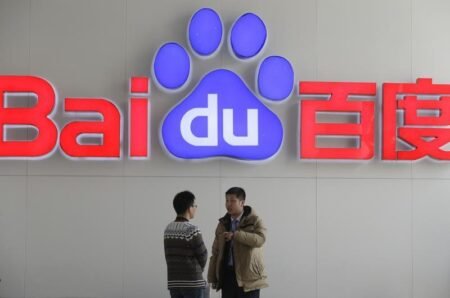By Andrea Mandala and Valentina Za
MILAN (Reuters) – Italy’s third-largest bank Banco BPM has been on UniCredit CEO and veteran dealmaker Andrea Orcel’s wish list since he took up his current role in 2021.
After aborting previous bids, Orcel on Monday launched an unsolicited 10 billion euro ($11 billion) all-share offer for Banco BPM, priced just 0.5% above BPM’s closing price on Friday.
Orcel told investors he had to act because of an acceleration in Italy’s financial sector consolidation, where the government this month offloaded a 15% stake in Monte dei Paschi di Siena (MPS), potentially paving the way for an eventual tie-up between MPS and Banco BPM.
Here is a summary of why Banco BPM has been long seen as the perfect domestic target for UniCredit.
BULKING UP
Buying Banco BPM would help Orcel reduce the gap with Intesa Sanpaolo (OTC:), which in 2020 leapfrogged UniCredit to become Italy’s biggest bank by assets by buying northern mid-tier bank UBI and securing more than a fifth of the domestic market.
At the end of September, Intesa, which is focused on Italy, had 949 billion euros in assets, UniCredit, for which Italy is the main market among 13 where it operates, 800 billion euros and Banco BPM 195 billion euros.
NORTHERN ROOTS
Banco BPM has three-quarters of its more than 1,400 branches in Italy’s richer north. It accounts for 13% of all bank branches in Lombardy, where UniCredit is weak despite having its headquarters in Italy’s financial and fashion capital Milan.
Additionally, Banco BPM has an 8% market share in Veneto, another wealthy region in the northeast, and 10% in Turin’s Piedmont’s region.
COMBINED MARKET STRENGTH
After a merger, the combined entity’s market share would reach 20% in several economically crucial regions, such as Lombardy (24%), Veneto (21%), and Emilia-Romagna (21%), without creating dominance in any specific province, calculations by Italian broker Intermonte showed.
INSURANCE AND WEALTH MANAGEMENT BUSINESSES
Both UniCredit and Banco BPM have said they want to grow net fees and be more like Intesa, where fees exceed 40% of overall revenues thanks to its in-house insurance and asset management.
UniCredit is bringing in house its life insurance operations, something which Banco BPM has already done. In order to take advantage of favourable capital rules on banks’ insurance assets, referred to as “Danish Compromise”, Banco BPM is using its insurance arm to buy asset manager Anima Holding.
By acquiring Banco BPM, UniCredit is counting on making use of the “Danish compromise”, which its target can already apply, without having to go through a lengthy approval process, and limiting the impact of the BPM deal on UniCredit’s capital ratio to just 70 basis points.
FINANCIAL BENEFITS
Orcel said on Monday cost savings from a deal with BPM could reach 900 million euros a year before taxes and 800 million after taxes, and would only minimally affect the branch network. Additional revenues are estimated at 300 million euros a year.
The return on investment for UniCredit from a deal is expected to surpass 15%, with earnings per share increasing by a “high single-digit” percentage within a couple of years.
STAFF
UniCredit has less than 27,000 staff in Italy, Banco BPM around 19,000.
Read the full article here
















